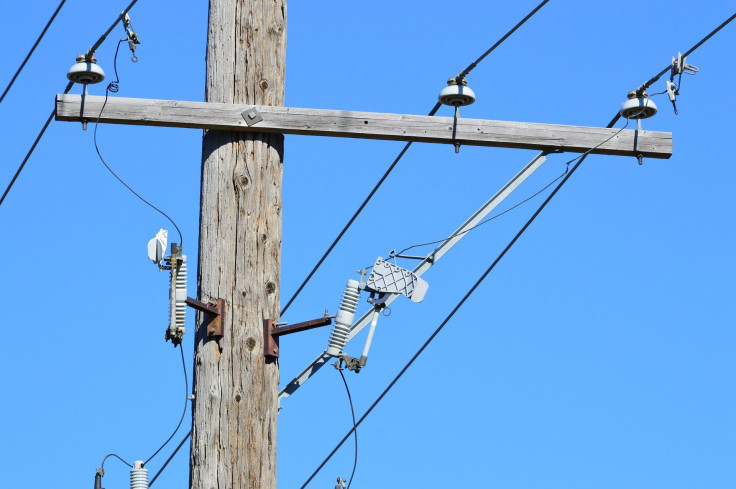What Cities Are Testing 5G? First Hardware Specifications Approved

5G wireless networks took one step closer toward reality this week as a collection of telecommunications associations officially approved the first hardware specification standards for the next-generation networks.
The 3rd Generation Partnership Project (3GPP), which oversees telecommunications standards, announced the approval of hardware standards Wednesday after a meeting between group members in Lisbon, Portugal.
3GPP also announced the approval of the Non-Standalone (NSA) 5G New Radio (NR) specification. The NSA standard will become the basis for commercial 5G products.
The specifications agreed upon by the group will be released in full later this week. According to a report from FierceWireless, the specifications will cover support for low, mid and high-band spectrum. Support for spectrum ranges below 1 GHz and up to 50 GHz are all said to be included in the specification.
The Standalone specifications are expected to be completed in June 2018.
Balazs Bertenyi, the chairman of the RAN Plenary meetings where the standard setting process took place, called it “an impressive achievement in a remarkably short time, with credit due particularly to the working groups.”
NSA 5G NR specs were approved today at RAN#78. Balazs Bertenyi , RAN Chair called it “an Impressive achievement in a remarkably short time, with credit due particularly to the Working Groups”. News article to follow on the 3GPP site and from 3GPP Member announcements. pic.twitter.com/b10fTV5V5n
— 3GPP Live (@3GPPLive) December 20, 2017
As a result of the hardware specifications, companies that manufacture hardware for telecommunications services like Qualcomm and Intel can begin making 5G wireless products and components. Those firms can start to create the infrastructure for delivering the next generation of wireless network.
What Cities Are Testing 5G Networks?
A number of cities across the United States have been pegged by telecom companies to be the test sites for 5G networks.
Earlier this year, Verizon named 11 cities that would be used to test its own 5G specifications: Ann Arbor, Michigan; Atlanta, Georgia; Bernardsville, New Jersey; Brockton, Massachusetts; Dallas, Texas; Denver, Colorado; Houston, Texas; Miami, Florida; Sacramento, California; Seattle, Washington; and Washington, D.C.
In November, Verizon announced it will bring 5G to three to five of the above cities, with Sacramento the first to see rollout. The network is scheduled to be built during the second half of 2018.
AT&T has also identified four cities that it will expand 5G testing to over the course of the next year. The cities tapped by AT&T include Waco, Texas; Kalamazoo, Michigan; South Bend, Indiana; Austin, Texas. The second-largest telecom company in the United States has been running small trials of its 5G network in Austin over the course of 2017.
T-Mobile named six cities that will be used to test its 5G network earlier this year. The cities include Bellevue, Washington; Brooklyn, New York; Dearborn, Michigan; Las Vegas, Nevada; Richardson, Texas; and Simi Valley, California.
Sprint has announced a plan to launch a nationwide 5G network by 2019, but hasn’t named cities that may be used to test the network.
© Copyright IBTimes 2025. All rights reserved.





















